This article is part of our new weekly plant news roundup, brought to you thanks to our partners at Earth.com.

Catnip May Give Experts Insight Into Cancer-Fighting Treatments
Researchers at the John Innes Centre are providing new insight into how catnip produces the substance known as nepetalactone (that good stuff that sends cats into a state of ecstasy). The research could ultimately give experts easier and faster access to cancer fighting medications.
According to the research team, understanding the series of events that leads to the production of nepetalactone could be particularly useful in helping to identify how plants synthesise other chemicals like vinblastine, which is used for chemotherapy.
Read more about catnip research on Earth.com.

Corn Was Domesticated More Than Once in Different Regions
Scientists at the Smithsonian National Museum of Natural History are rewriting the history of corn, one of the world’s most important crops. Based on genetic and archaeological evidence, the ethnobotany researchers have determined that a predecessor of today’s corn plants was brought to South America from Mexico more than 6,500 years ago.
According to the new study, farmers in Mexico and the southwestern Amazon improved corn over thousands of years until it was fully domesticated in each region. The findings are providing scientists with new insight into the shared history of humans and corn plants.
Read more about corn’s history on Earth.com.

Biodiversity Could Suffer If Bioenergy Crop Production Grows
Biofuels are often proposed as a solution to help reduce fossil fuel emissions and combat climate change. But while renewable energy is important for future climate change mitigation, a new study shows that expanding the production of crops like oil palm and corn could have drastic consequences on biodiversity.
Researchers from Durham University, the Senckenberg Biodiversity and Climate Research Centre and the Technical University of Munich found that setting aside large amounts of land for bioenergy crops could be just as harmful to vertebrate biodiversity as climate change.
Read more about biofuels on Earth.com.
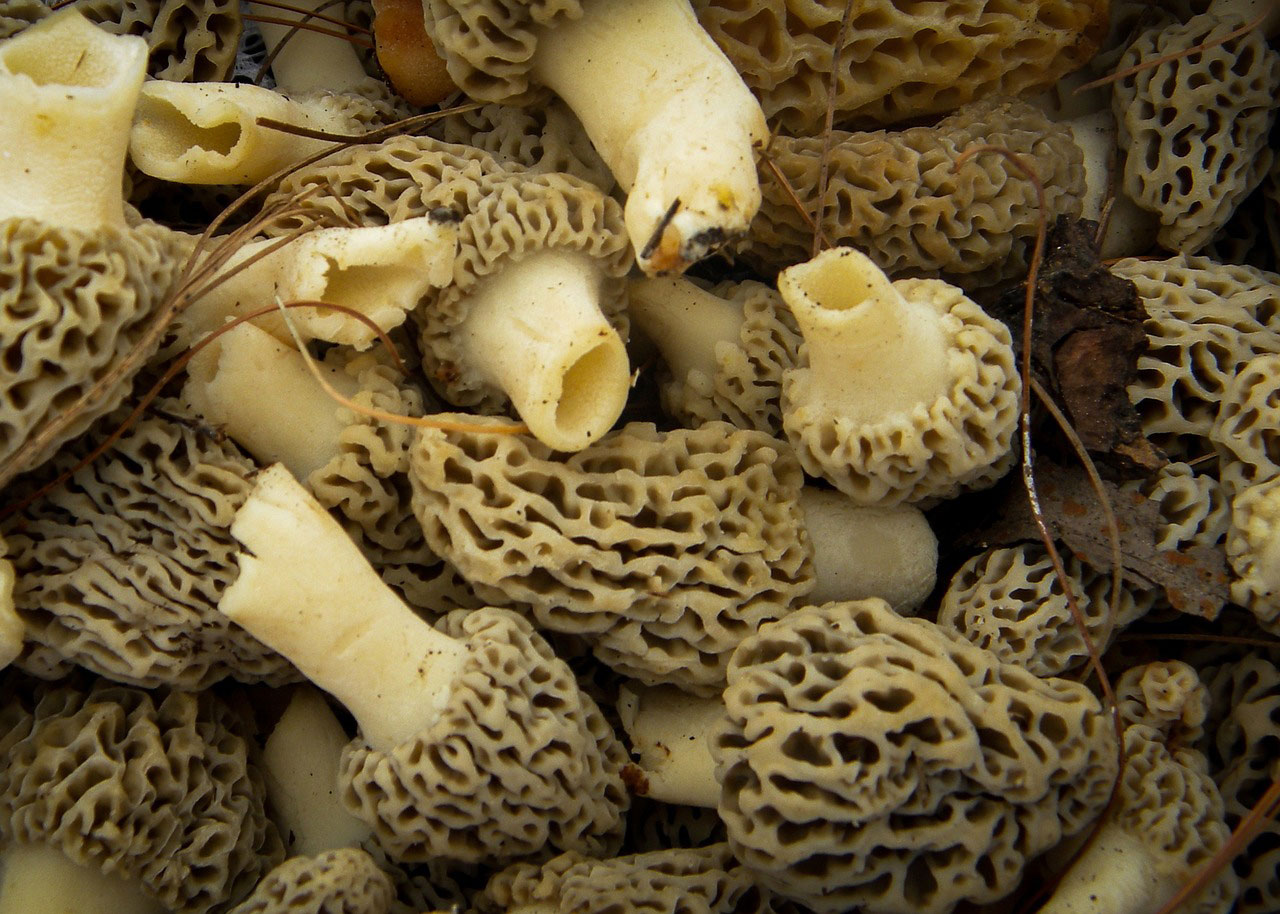
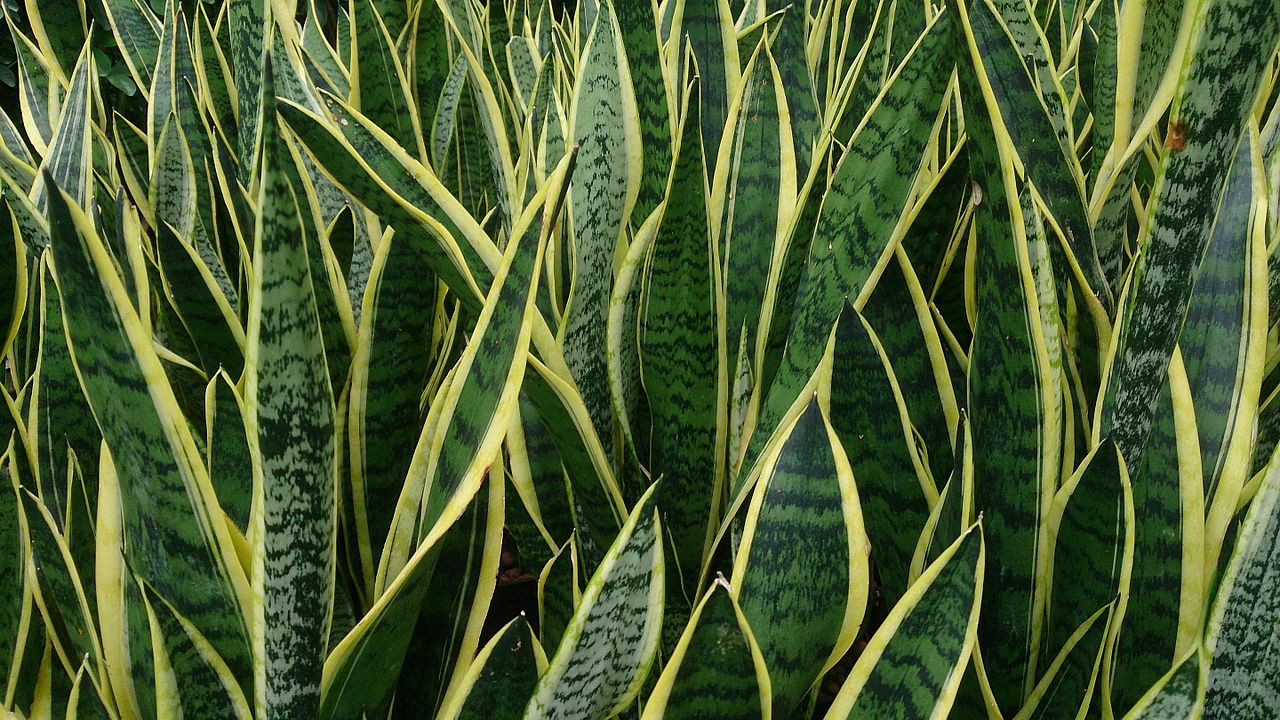

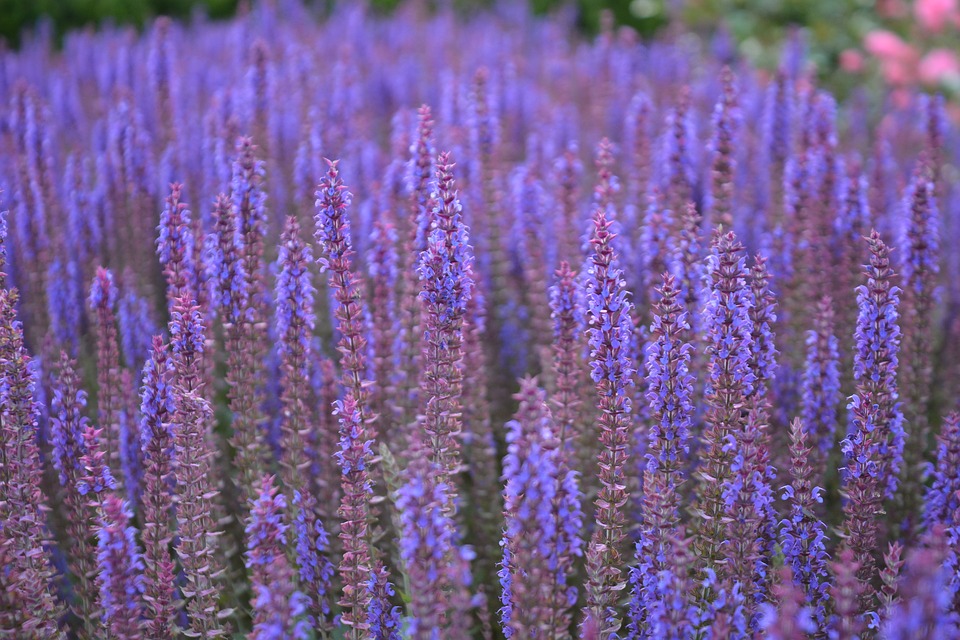


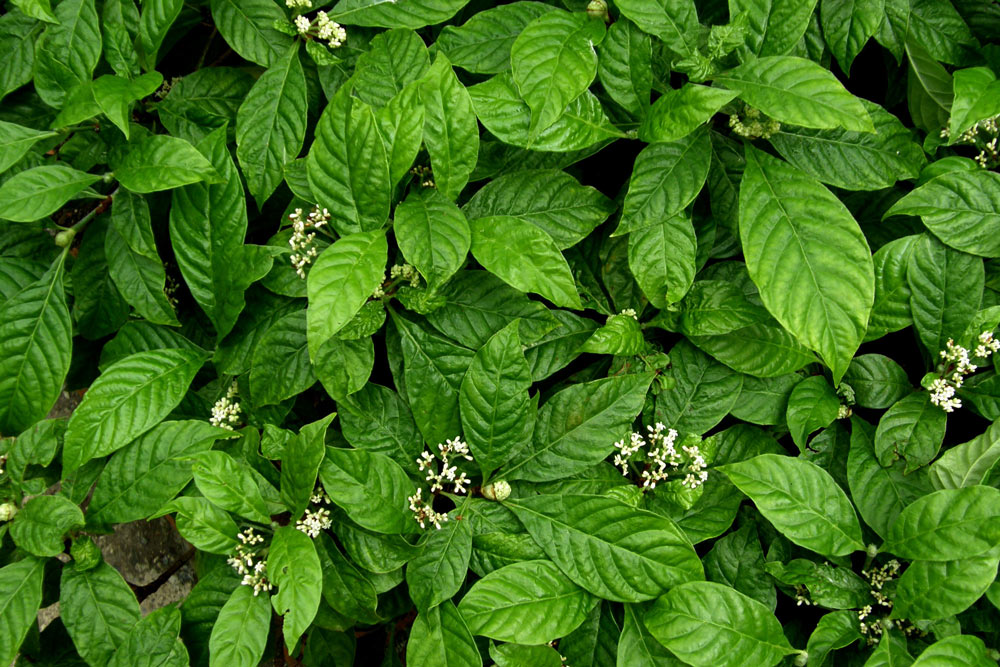

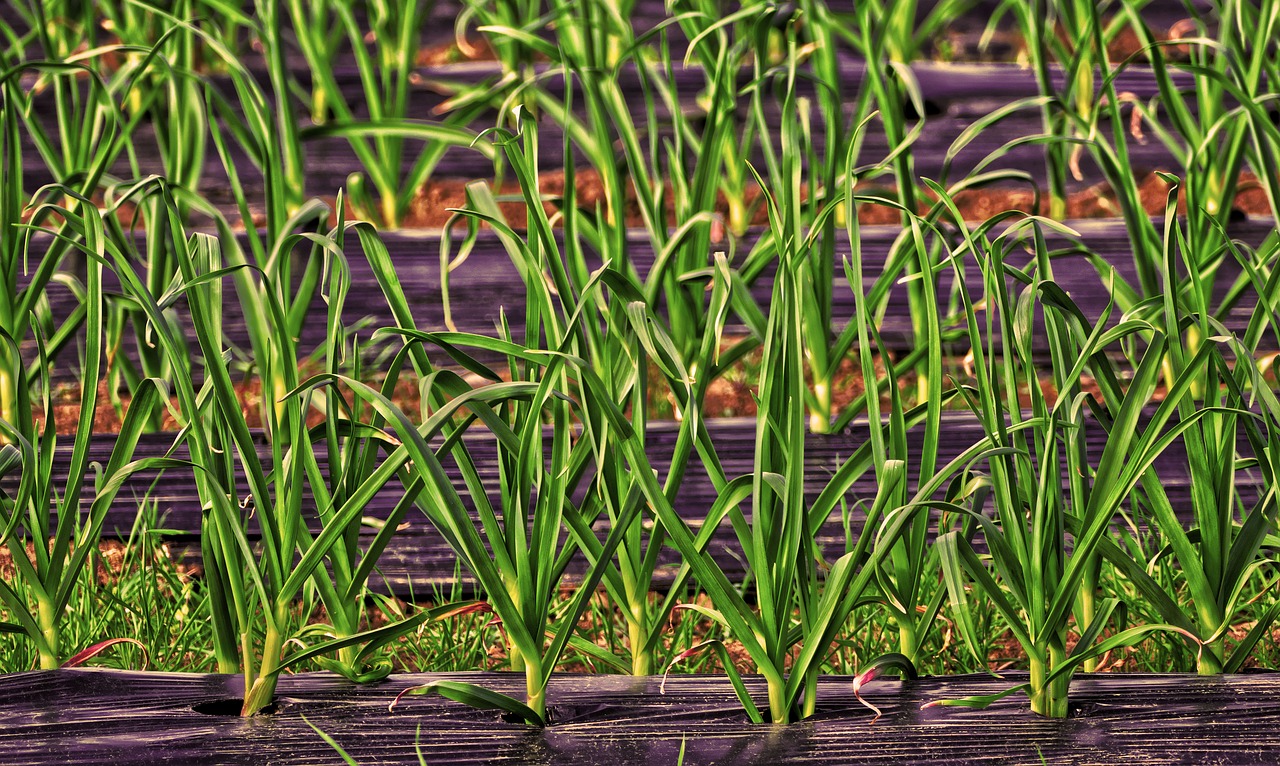
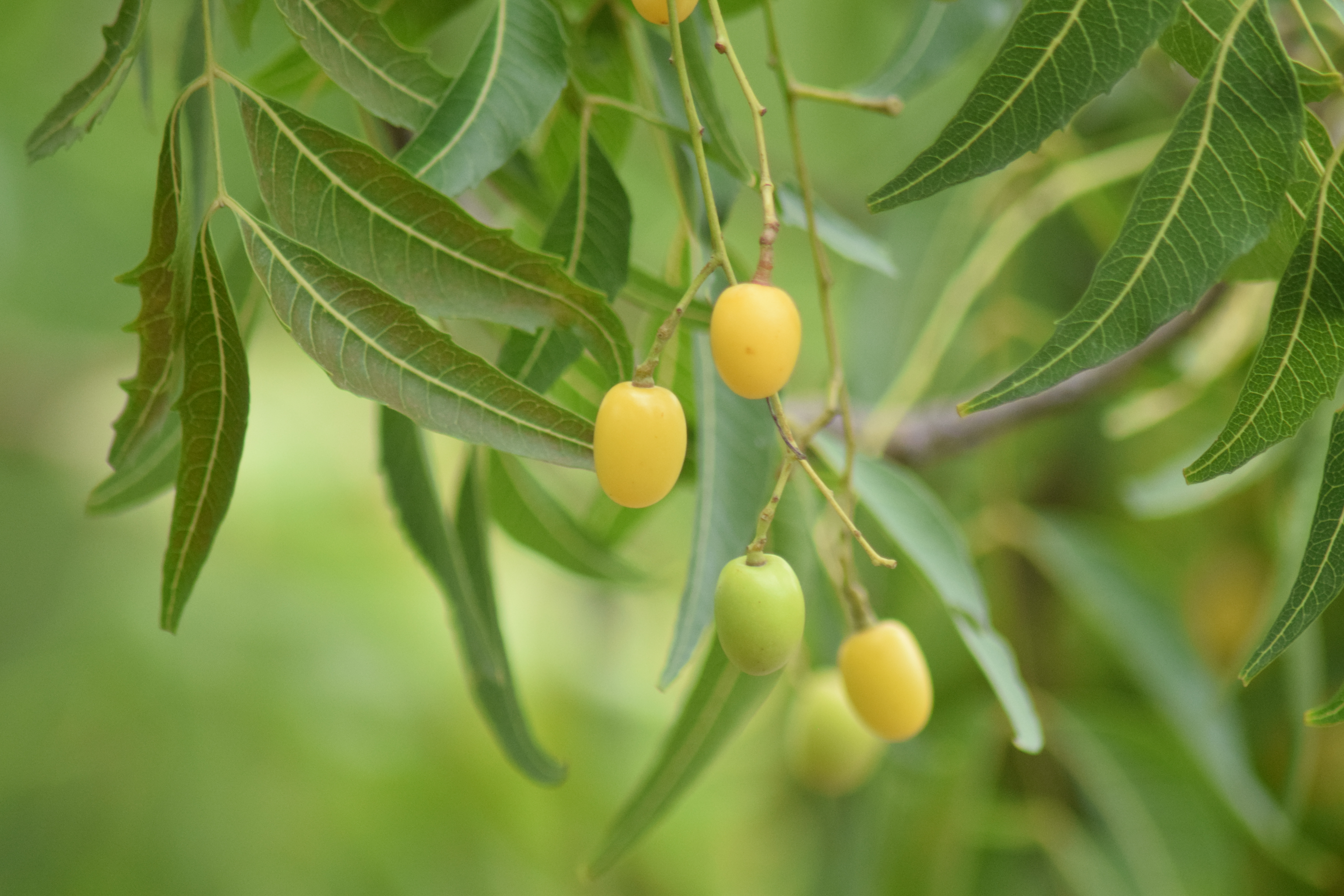



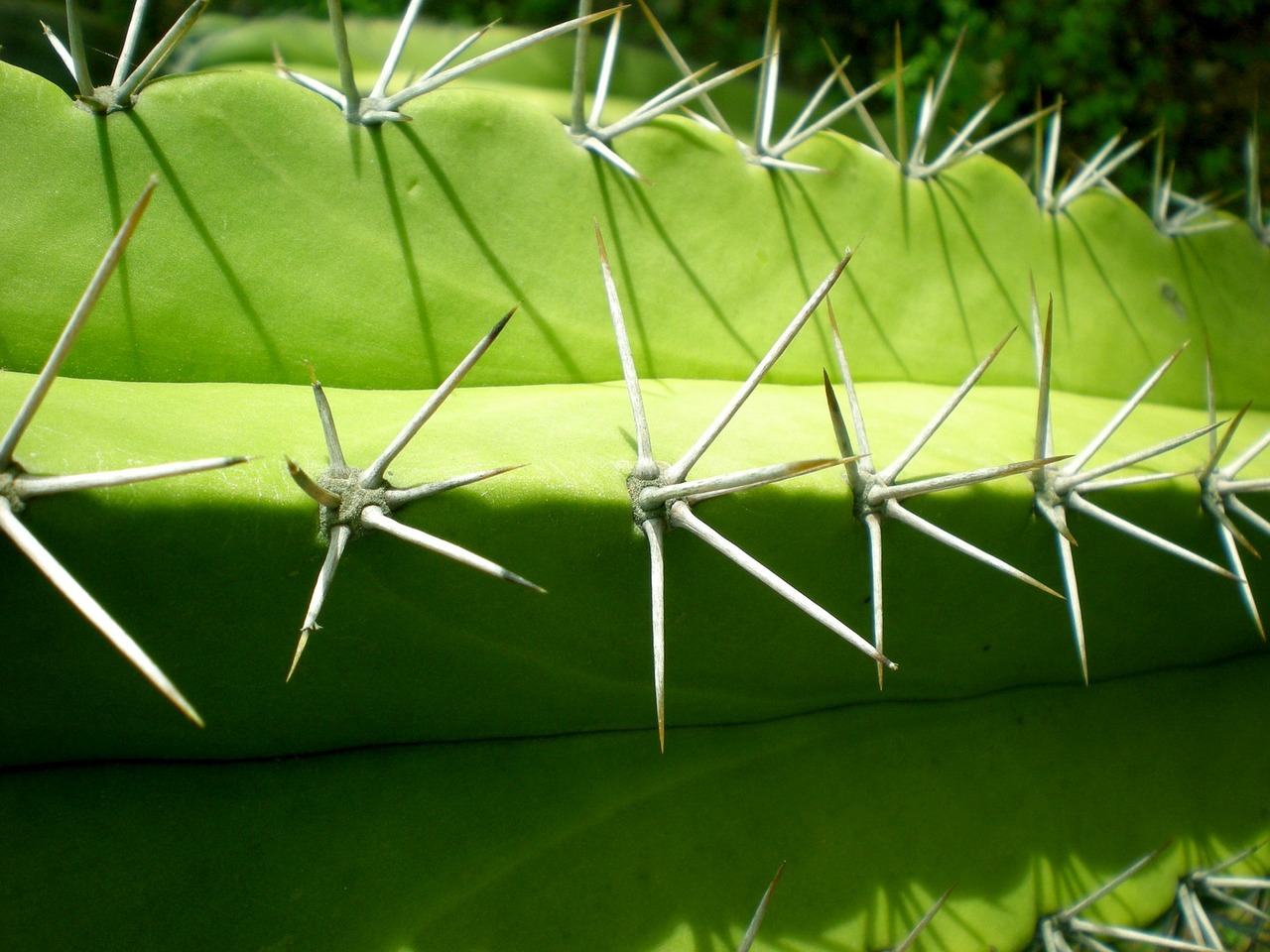
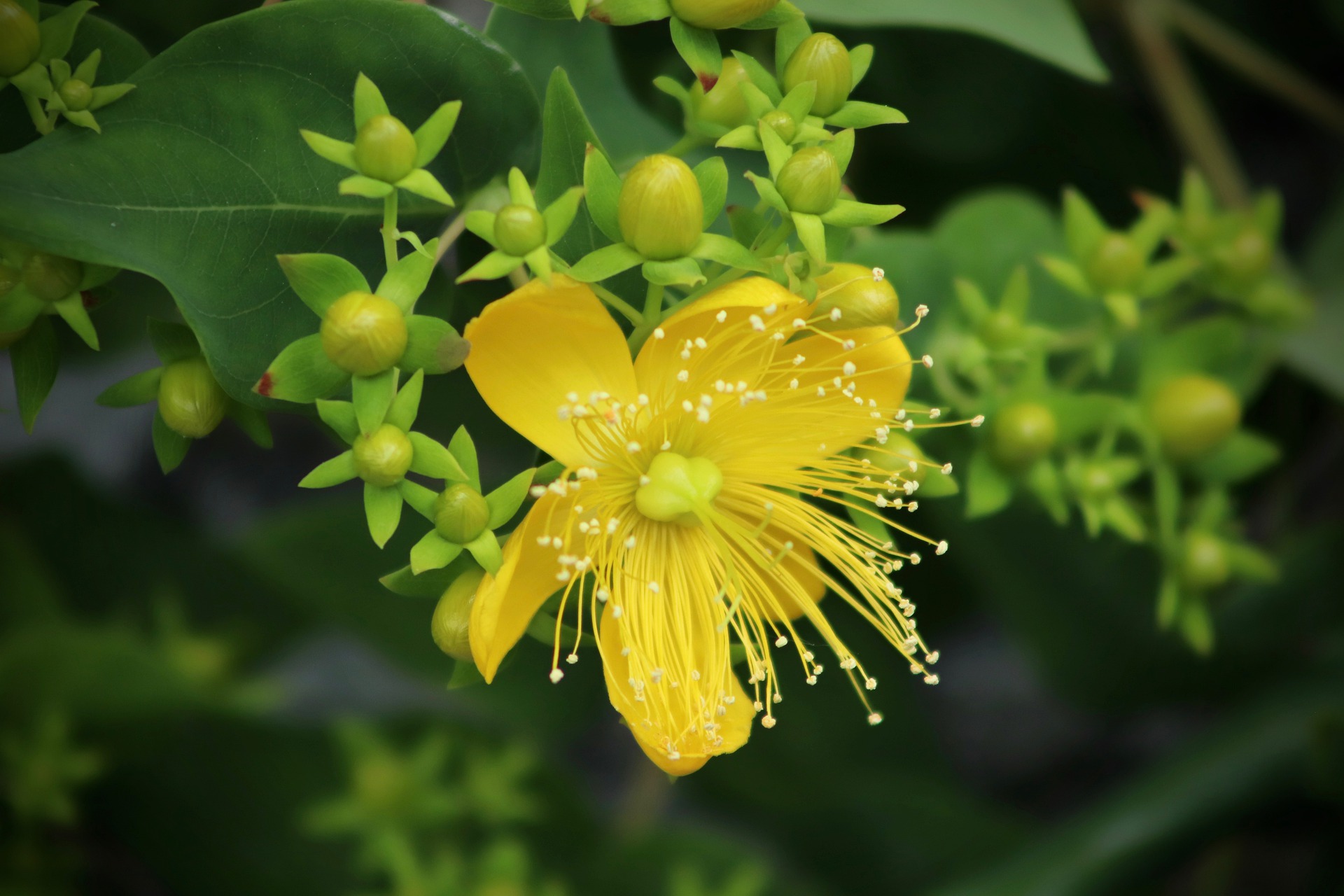
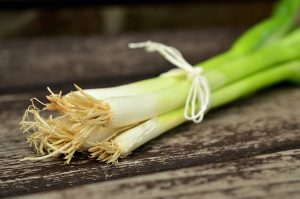
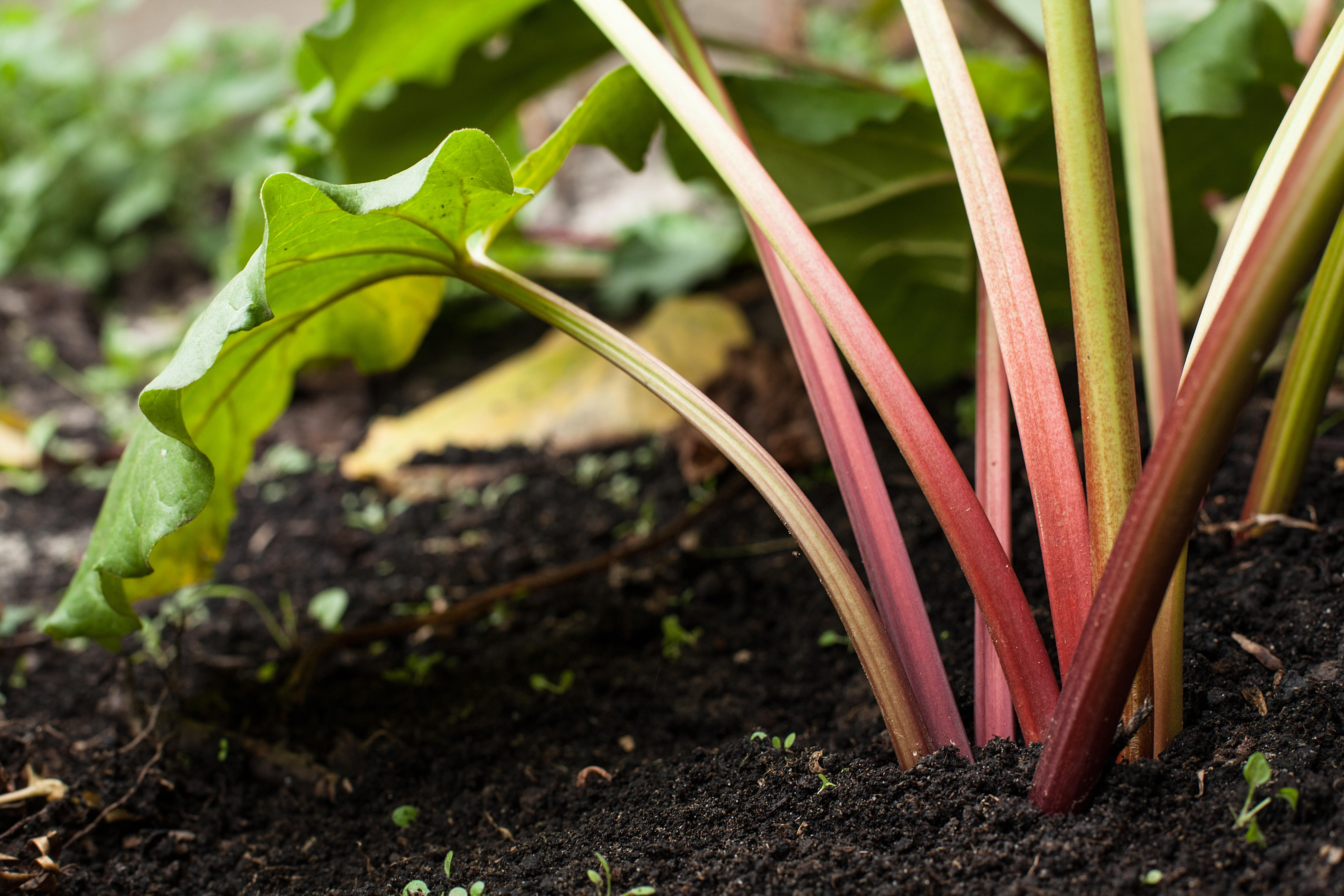
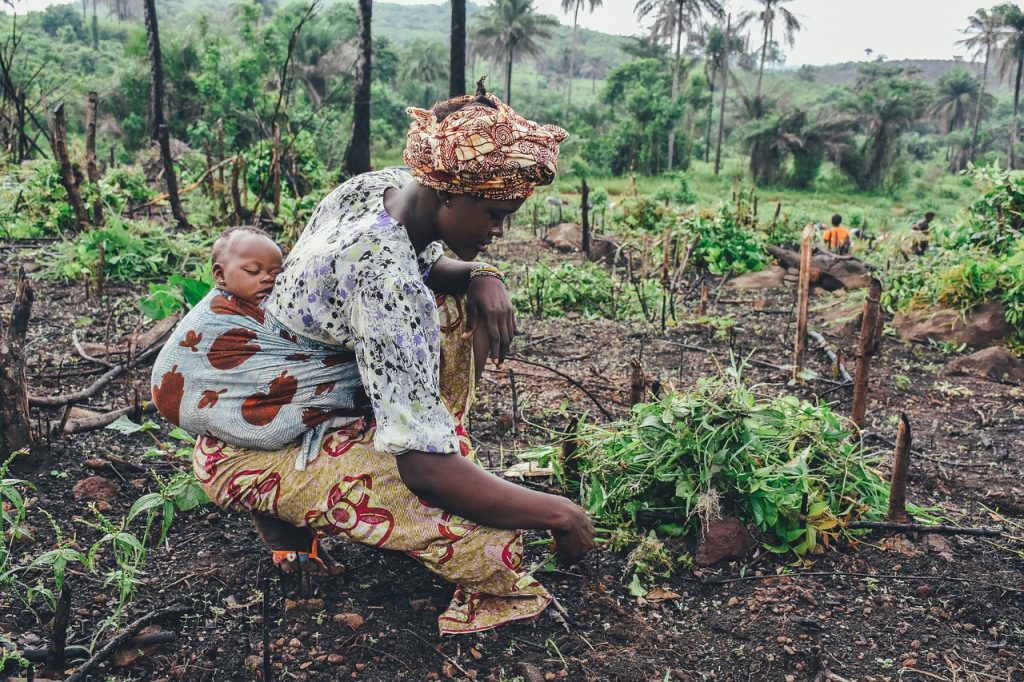


0 Comments